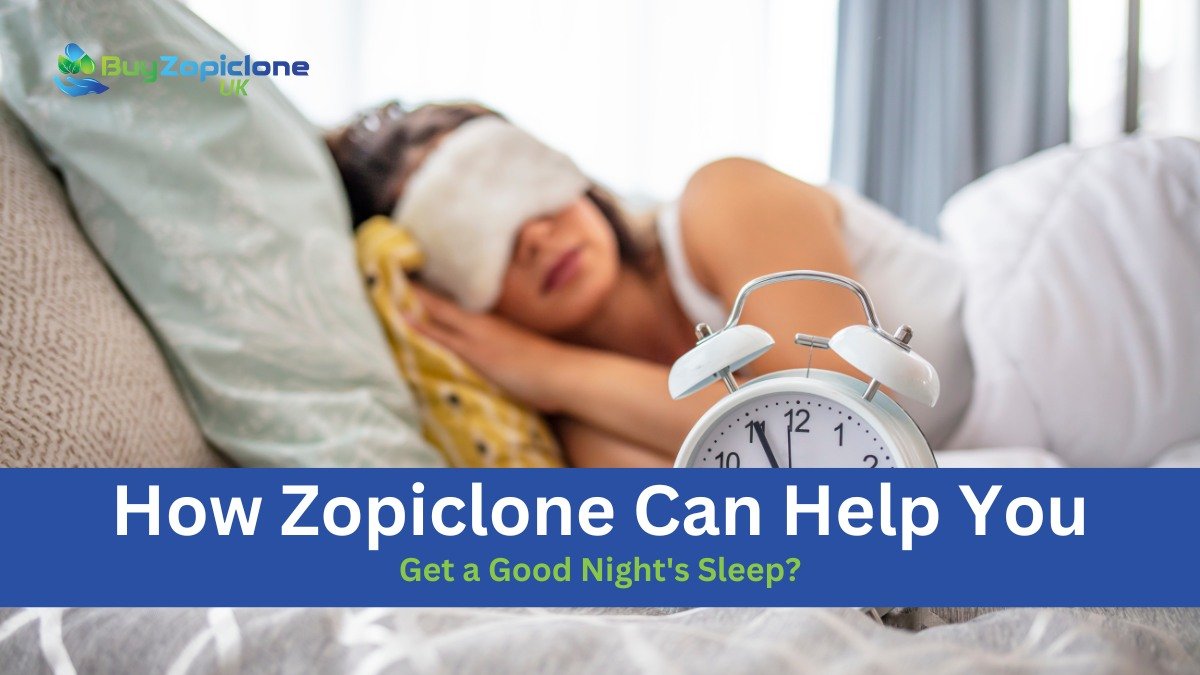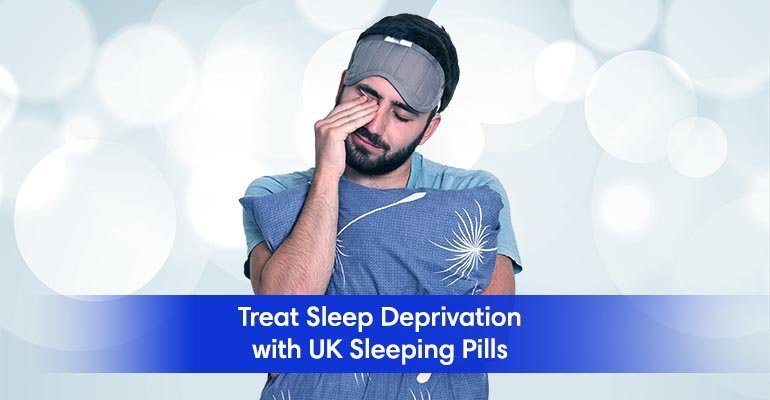Sleep is essential for our physical and mental well-being. Yet, many people struggle with insomnia and other sleep disorders that leave them feeling exhausted and stressed. If you’re one of those people, you might have heard of Zopiclone, a medication that can help you get a good night’s sleep. In this article, we’ll explore how Zopiclone works, its benefits, potential side effects, and tips for using it safely and effectively.
What is Zopiclone?
Zopiclone is a prescription medication classified as a non-benzodiazepine hypnotic. It is commonly used to treat short-term insomnia, helping individuals fall asleep faster, stay asleep longer, and reduce nighttime awakenings. Zopiclone works by affecting the neurotransmitters in the brain, specifically enhancing the activity of gamma-aminobutyric acid (GABA), a chemical that promotes relaxation and sleep.
Also Read: Exploring Zopiclone: Is it Safe to Take During the Day for Anxiety?
How Zopiclone Works
Zopiclone works by binding to the same receptor sites in the brain as benzodiazepines but with fewer side effects. This binding action increases the efficiency of GABA, a neurotransmitter that slows down brain activity. As a result, you feel more relaxed and can fall asleep more easily. Zopiclone typically takes effect within 30 minutes and can help you sleep for 7-8 hours.
Benefits of Zopiclone
- Improved Sleep Quality: Zopiclone helps you fall asleep faster and stay asleep longer, resulting in a more restful and restorative sleep.
- Reduced Nighttime Awakenings: By maintaining sleep continuity, Zopiclone helps reduce the frequency of waking up during the night.
- Short-Term Solution: Ideal for short-term use, Zopiclone can help reset your sleep pattern without the need for long-term medication.
- Quick Onset: Zopiclone starts working within 30 minutes, making it effective for those who need immediate relief from insomnia.
Potential Side Effects
While Zopiclone is effective for many people, it’s important to be aware of potential side effects. Common side effects include:
- Drowsiness
- Dry mouth
- Bitter taste in the mouth
- Dizziness
- Headaches
In rare cases, some people may experience more severe side effects such as memory loss, hallucinations, or allergic reactions. It’s crucial to talk to your doctor if you experience any unusual or severe side effects.
Tips for Using Zopiclone Safely
- Follow Your Doctor’s Instructions: Always take Zopiclone exactly as prescribed by your healthcare provider.
- Short-Term Use: Zopiclone is typically prescribed for short-term use (7-14 days). Prolonged use can lead to dependency and tolerance.
- Avoid Alcohol: Do not consume alcohol while taking Zopiclone, as it can increase the sedative effects and risk of side effects.
- Be Cautious with Activities: Avoid driving or operating heavy machinery until you know how Zopiclone affects you, as it can cause drowsiness and impair your coordination.
- Discuss Other Medications: Inform your doctor about any other medications or supplements you are taking to avoid potential interactions.
Also Read: Exploring Zopiclone: Is it Safe to Take During the Day for Anxiety?
When to Seek Medical Advice
If you experience any of the following, seek medical advice promptly:
- Persistent or severe side effects
- Signs of an allergic reaction (rash, itching, swelling, severe dizziness, trouble breathing)
- Symptoms of dependency or withdrawal when stopping Zopiclone
Conclusion
Zopiclone can be a valuable tool in managing short-term insomnia and improving sleep quality. By understanding how it works, its benefits, and potential side effects, you can use Zopiclone safely and effectively to get the restful sleep you need. Always consult with your healthcare provider before starting or stopping any medication, and follow their guidance to ensure the best outcomes for your health and well-being.
For more tips on improving your sleep and managing insomnia, subscribe to our blog and stay informed with the latest health and wellness advice.
Also Read: Can Diabetes Cause Insomnia?





